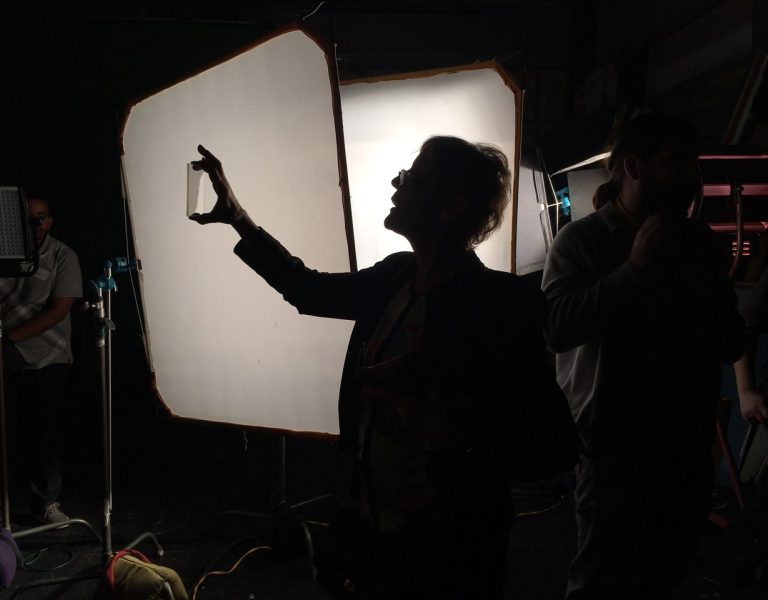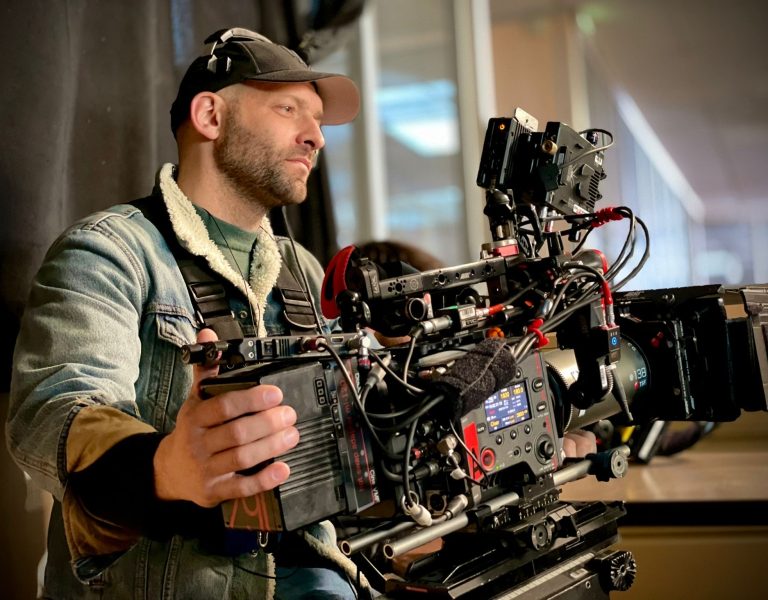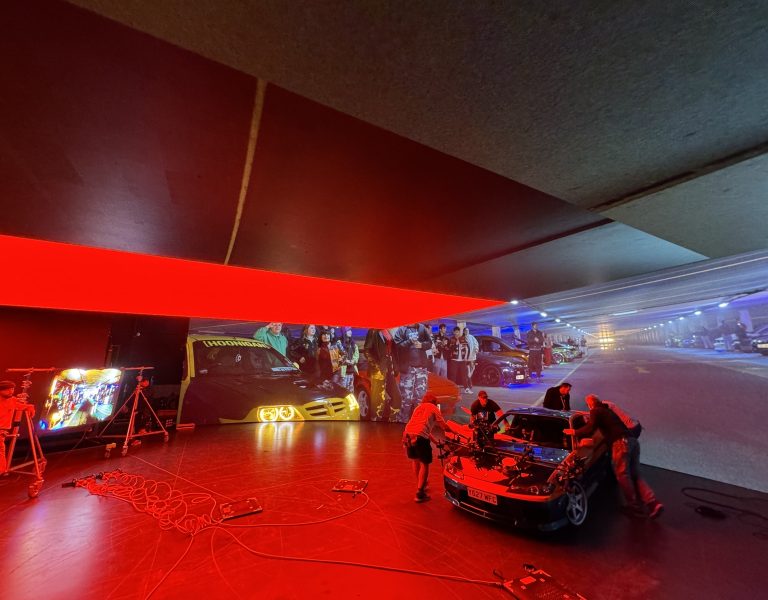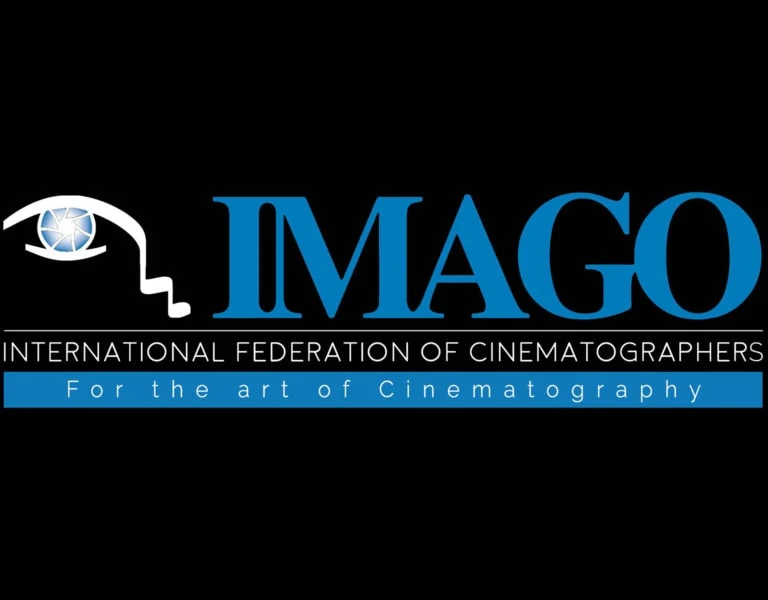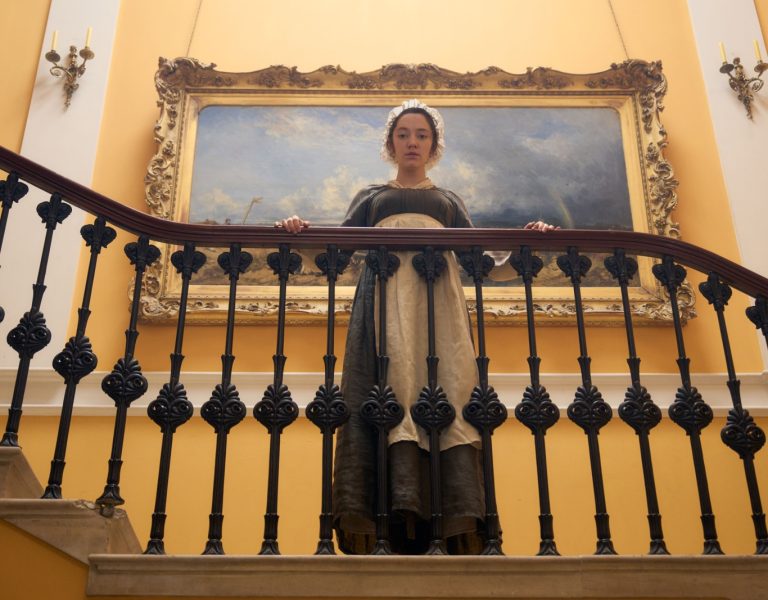Home » Features » Opinion » IMAGO News »
Linking science, technology and art
Colourist Dirk Meier BVK CSI, of the IMAGO Technical Committee, reflects on the strengthening relationship between cinematographers and colourists, and how colourists still have a way to go to gain appropriate industry recognition.
For Camerimage Film Festival 2021, the IMAGO Technical Committee (ITC) organised a panel discussion exploring the collaboration between cinematographers and colourists. I moderated the panel and developed the concept together with Philippe Ros AFC, who joined the talk remotely from France. We titled the session ‘Cinematographers & Colourists: The Link between Science, Technology and Art’.
And since the presence and participation of colourists at the festival has grown over the last three editions, for example thanks to the initiative of the FilmLight Colour Awards, I wanted to look back at some questions and statements from the panel discussion and investigate the current situation two years later.
One of my questions for the panellists was to consider the recognition of colourists and the appreciation of their contribution. The job profile of colourists has undergone rapid changes in the last 30 years, and you can claim that only through technical progress their job has really come to life. From the job of colour timers in a photochemical film lab, to telecine operators with growing creative possibilities, to the first digital intermediate projects around 2000, which laid the ground for an ongoing exploration of visual storytelling styles.
Peter Doyle, supervising colourist for Postworks NYC, was at the forefront of this technical development with his work on the Lord of the Rings trilogy and The Matrix, for example. He joined the panel remotely from a grading session in London and urged producers to allow for tests of gear as well as workflows and visual concepts in preproduction. He considers the whole pipeline, from camera to final image display, as the most critical point in the whole film production. And testing and settling on a particular pipeline creates confidence for the whole team.
Legendary cinematographer Philippe Rousselot AFC ASC was also on the panel. He mentioned many very successful and constructive collaborations with colourists, including Doyle, but also stated that even on his projects he is not always allowed to pick the colourists he wants to work with. He mentioned presumably the only disappointing colour grading experience in the digital intermediate days was due to the director insisting on grading everything a lot brighter than the 35mm footage was exposed for. And that is exactly where look development in preproduction helps to achieve consensus on the visual style and avoid surprises for all departments.
While the actual collaboration of cinematographers and colourists has been growing stronger and beneficial for both in the last years, industry recognition for colourists still has a long way to go compared to other departments. One example is the lack of a dedicated category on IMDB. Colourists are scattered between the editorial and the visual effects departments and other categories, with no other deciding factor than personal preference. Including colour assistants, VFX and dailies colourists, conform artists, online editors, DITs, restoration and remastering colourists, there are plenty of jobs that could be included in a ‘colour’ or ‘colourist’ department.
Another indicator is the absence of colourists in major European national film academies or the European Film Academy (EFA) itself. Not a single colourist is among the 4,600 members of the EFA. The German Film Academy rejected the application of a very experienced senior colourist who was supported by renowned director Wim Wenders with the explanation that there was simply no category for colourists, and the creation of one had too many complicated and financial consequences.
Another topic in the panel discussion was the gap in educational opportunities between cinematographers and colourists. While the majority of today’s active DPs have gone through some kind of multi-year academic education, there is not a single comparable educational programme for colourists. With the rise of affordable to even free software and the assumption that YouTube is a supposedly free-of-charge learning platform, the situation for aspiring young colourists has certainly improved in the last 10-15 years. But all panellists agreed that this is not a sufficient resource for proper education. And while cinematography students in most European countries include courses about colour grading and get some formal training to understand the basics and concepts, colourists seeking quality information and training must refer to a luckily growing number of private institutions and instructors and buy their education in several short weekend workshops or the rare few-weeks-long online seminar.
Edmond Laccon described the situation as follows: “I think there is more than YouTube now, but it is certainly not equivalent to a cinematographer going to a film school for several years to learn cinematography. We don’t have this for colourists unfortunately. But it is something that a lot of people think it should exist, because the complexity of the technology only increases, there are more deliverables, more displays, there is HDR and SDR; and how is a young person supposed to learn how this really works, how they can use it and how they can be this ultimate custodian of the image.”
And this situation hasn’t changed in 2023.
While I see encouraging developments in feature film productions where colourists are involved early in the production, there is still a significant lack in the recognition of their work and the public support and opportunities to learn and train to become a professional colourist. It is up to the whole filmmaking community to change this.
https://vimeo.com/766060851
Dirk Meier BVK CSI won the TV series/episodic grading award at the FilmLight Colour Awards at Camerimage 2023 for his work at D-Facto Motion on The Pimp: No F***ing Fairytale S1 (OT: Luden).

